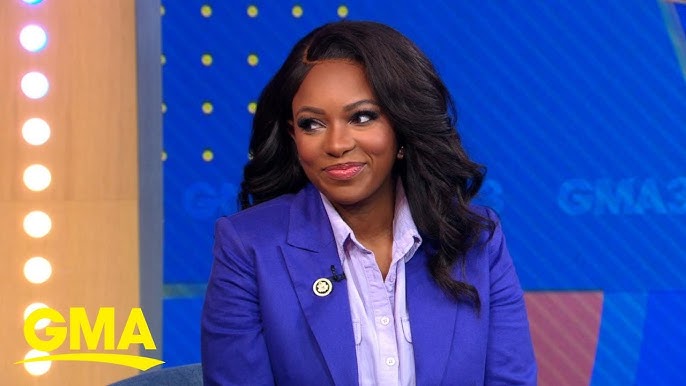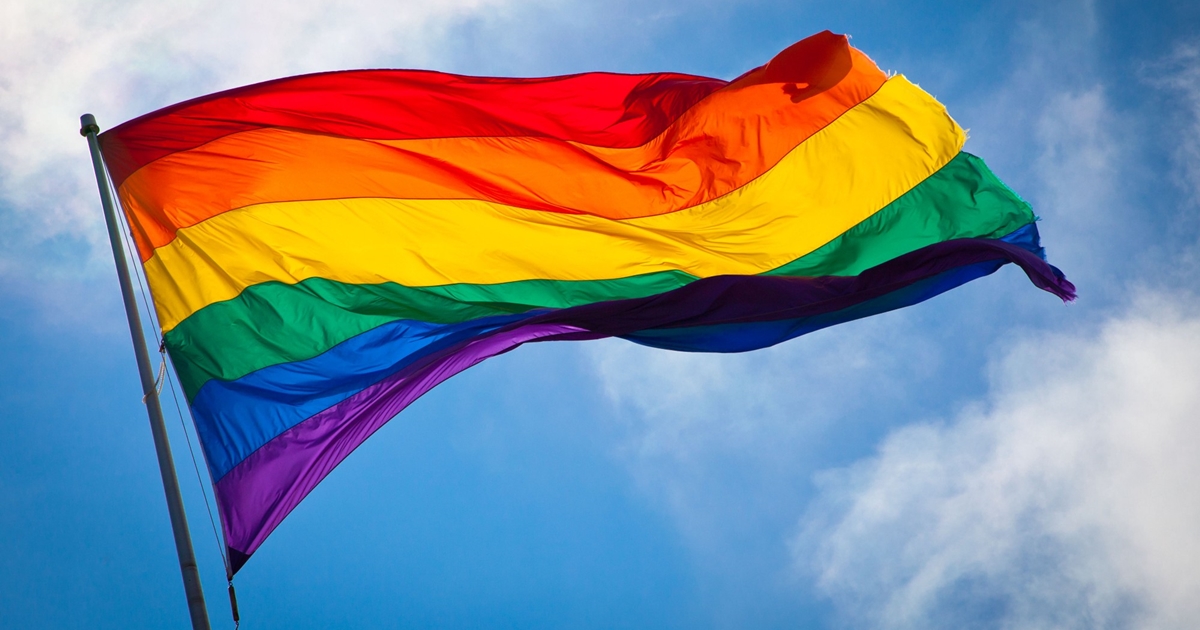In a surprising statement that has sparked heated debate across social media platforms, Jasmine Crockett, the Texas State Representative, has declared her intention to refuse celebrating Pride Month this June. In her remarks, Crockett expressed her belief that the current state of “WOKE” culture undermines the original spirit of Pride, which she claims should focus on authentic representation and equality rather than performative activism.
Context of the Statement
Crockett’s comments come at a time when Pride Month is widely celebrated across the United States and beyond. Every June, LGBTQ+ communities come together to honor the history of the movement, celebrate achievements, and advocate for ongoing rights and recognition. However, Crockett believes that the commercialization and politicization of Pride have diluted its significance./https://static.texastribune.org/media/files/38243c75368c563d94a3249c6e9782ab/Crockett%20House%20Oversight%20Committee%20REUTERS.jpg)
In her statement, she remarked, “WOKE culture has turned what should be a genuine celebration of diversity and acceptance into a platform for divisive politics. It’s become more about slogans and hashtags than real change.” This perspective has resonated with some, while drawing criticism from many within the LGBTQ+ community who feel that her views disregard the struggles faced by marginalized groups.
The Debate Over “WOKE” Culture
The term “WOKE” has evolved over the years, initially rooted in a call for awareness around social injustices. However, many critics, including Crockett, argue that it has morphed into a catch-all phrase that often signifies performative activism rather than actionable change. They assert that such behavior can detract from important discussions about racial and sexual identity, as well as broader social issues.
Crockett’s refusal to participate in Pride celebrations has ignited discussions about the role of activism in today’s society. Supporters of her stance argue that the focus should shift back to grassroots movements that prioritize policy changes over visibility campaigns. They contend that true progress requires more than just celebratory events; it necessitates hard work and commitment to addressing systemic issues.
Reactions from the LGBTQ+ Community
The response to Crockett’s comments has been mixed. While some agree with her concerns regarding the commercialization of Pride, many LGBTQ+ advocates have expressed disappointment. Critics argue that the celebration of Pride serves as a vital reminder of the rights and freedoms that have been fought for over decades. They emphasize that while the movement has evolved, the core message of acceptance and resilience remains relevant.
One prominent LGBTQ+ activist stated, “Pride Month is not just a celebration; it’s a protest against the discrimination that still exists. To dismiss it as merely ‘WOKE’ is to overlook the very real challenges that many in our community face every day.” This sentiment highlights the tension between Crockett’s perspective and the views of those who see Pride as a crucial opportunity for visibility and advocacy.
The Importance of Representation
Crockett’s comments also raise questions about representation within the political landscape. As a Black woman and member of the LGBTQ+ community, her voice carries weight. However, her decision to step away from Pride celebrations has led some to ponder whether her stance could alienate those who look to her for support and advocacy.
Many believe that representation in politics should encompass a variety of perspectives, including those who feel disillusioned by current activism trends. Yet, the challenge remains in balancing these perspectives without undermining the fundamental rights and recognition that the Pride movement seeks to uphold.
The Future of Pride Celebrations
As discussions continue surrounding Crockett’s refusal to celebrate Pride Month, the future of such events may hinge on how communities navigate the complexities of activism in a rapidly changing social landscape. Advocates stress the importance of maintaining the spirit of Pride while also addressing the valid concerns raised by critics.
In the coming weeks, Pride organizers and activists may need to engage in deeper conversations about inclusivity and the direction of the movement. The goal should be to honor the legacy of those who fought for LGBTQ+ rights while also adapting to the evolving dynamics of social justice.
Conclusion
Jasmine Crockett’s refusal to celebrate Pride Month has undoubtedly sparked a significant conversation about the state of activism and representation within the LGBTQ+ community. While her perspective may resonate with some, it also poses challenges for those who believe in the importance of visibility and celebration as tools for change. As society continues to grapple with the implications of “WOKE” culture, the future of Pride celebrations may depend on finding common ground that honors both the past and the ongoing fight for equality.
In a world that is increasingly divided, the discussions prompted by Crockett’s comments serve as a reminder of the essential work still needed to achieve true representation and acceptance for all.


